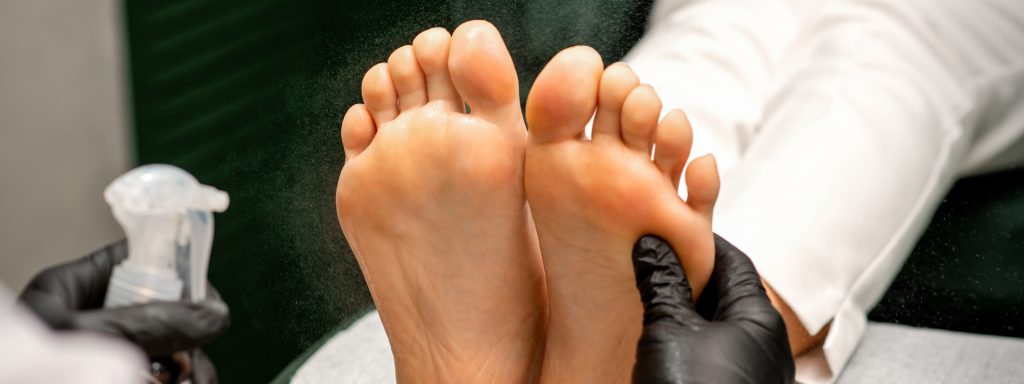Whose Insurance Should I File With After a Florida Rideshare Accident?
Navigating the aftermath of a Florida rideshare accident can be perplexing, especially when it comes to insurance claims. With the rise of rideshare services like Uber and Lyft, understanding the interplay between personal insurance policies and rideshare company policies is crucial.
RTRLAW provides essential legal advice for the steps needed to determine whose insurance you should file with if you are involved in a rideshare accident in the Sunshine State.
How Does Rideshare Insurance Coverage Work in Florida?
Rideshare companies like Uber and Lyft use specific insurance policies that change depending on what the driver is doing at the time. These insurance policies are split into three critical periods:
- Period 1: The driver is in the app but hasn’t picked up a passenger yet. During this time, the driver’s personal insurance is the primary one used, but the rideshare company adds a small amount of extra coverage.
- Period 2: The driver has agreed to pick up a passenger and is on their way. Here, the rideshare company’s insurance takes over, offering broader coverage including damage and injury protection.
- Period 3: The passenger is in the car, and the ride is underway. The rideshare company’s full insurance is now active, providing large coverage amounts for damages, injuries, and situations where other drivers are not insured.
Knowing which period your accident occurred in can significantly influence which insurance policy is applicable, thus determining the course of action for filing a claim.
How Do You Determine Whose Insurance to File With After a Rideshare Accident?
Who you file an insurance claim with after a rideshare accident depends on the details of the accident:
- If You Are a Passenger: If you get hurt as a passenger during Periods 2 or 3, the rideshare company’s insurance is your preferred choice. The rideshare company’s insurance provider is set up to handle claims directly, so you usually won’t need to rely on your own insurance.
- If You Are a Rideshare Driver: If an accident happens in Period 1, you start with your personal insurance. If your provider refuses to cover the claim, or you need more coverage, the rideshare company’s additional insurance may apply. For accidents that occur in Periods 2 and 3, file a claim immediately with the rideshare company’s insurance, as it provides the primary coverage.
- If You Are a Third Party: If you’re a driver, pedestrian, or property owner affected by a rideshare driver, where the accident happened during the ride affects your claim. You’ll usually file against the rideshare company’s insurance for accidents during all three periods. However, if the incident occurred during Period 1, you may also need to file a claim with the driver’s personal insurance.
Once you’ve determined the appropriate insurance to file with based on your role and the timing of the accident, the following steps are crucial to ensure your claim is handled effectively.
What Steps Do You Take After a Rideshare Accident in Florida?
Navigating the aftermath of a rideshare accident can be daunting, especially when it comes to confusing legal and insurance complexities. In Florida, where rideshare services are a popular mode of transportation, understanding your rights and the steps to take immediately after an accident is crucial; be sure to:
- Ensure Your Safety: Check for injuries and call emergency services if needed.
- Report the Accident: Notify the police and the rideshare company through their app.
- Document Everything: Take photos of the accident scene, gather contact information from all parties involved, and, if possible, collect witness statements.
- Seek Medical Attention: Even if you do not have apparent injuries, it is always wise to undergo a medical evaluation.
- Consult an Attorney: To effectively navigate the complexities of your claim, consider consulting with a legal expert, especially one familiar with rideshare laws and insurance claims in Florida.
Filing an insurance claim after a rideshare accident in Florida requires an understanding of the specific insurance policies in play. Whether you are a passenger, driver, or third-party, identifying the correct insurance coverage based on the timing of the accident is crucial. Always prioritize safety, gather ample documentation, and consider a legal consultation to protect your rights and interests.
RTRLAW’s injury attorneys stand ready to guide you through this challenging time. With offices throughout Florida and Texas, our dedicated rideshare accident attorneys are equipped to handle every aspect of your case, ensuring that justice is served and you receive the compensation you deserve.


 CALL US NOW
CALL US NOW TEXT US NOW
TEXT US NOW



























